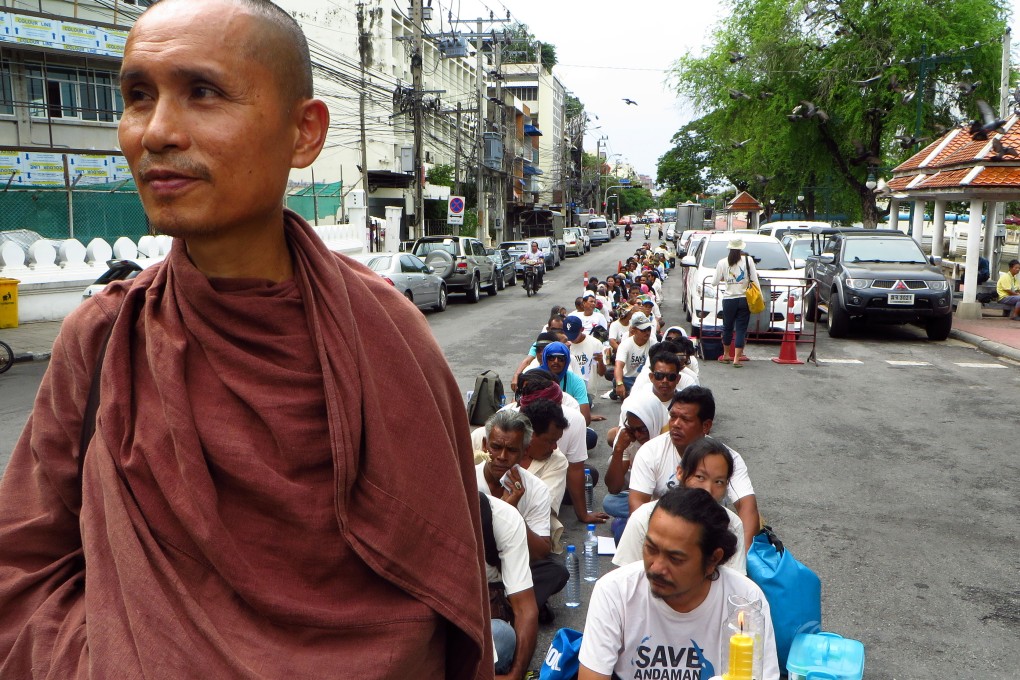Outcry grows over plans to build coal plant near Thailand’s most popular beaches

Plans to build an 800-megawatt coal power plant near some of Thailand’s most popular beaches have sparked protests and a hunger strike by activists who say officials aren’t considering its impact on the pristine environment that makes the area an international tourist destination.
More than 100 members of the Save Andaman from Coal Network this week staged a march and sit-in outside the prime minister’s office in the nation’s capital against plans to build the plant near southern Thailand’s Andaman coast about 650 kilometers south of Bangkok.
The tranquil Krabi province and its islands are famed for picturesque limestone cliffs and white sand beaches, one of which was the centerpiece of the Leonardo DiCaprio film “The Beach.”
“If this power plant happens, southern Thailand will lose a lot,” said Krabi resident Akradej Chakjinda, who has fasted since July 10 in protest.

Protesters say the Electricity Generating Authority of Thailand, or EGAT, is pushing ahead with a bidding process for the plant and a seaport that would receive overseas shipments of coal before an environmental impact assessment has been completed. Plans to launch the bidding process were delayed until next month, which EGAT says is unrelated to the ongoing protests.
The coal plant is part of a critical energy infrastructure that will provide Thailand with energy security as natural gas reserves in the Gulf of Thailand dry up within 10 years, EGAT says.
